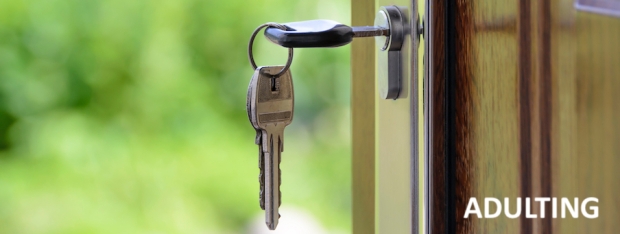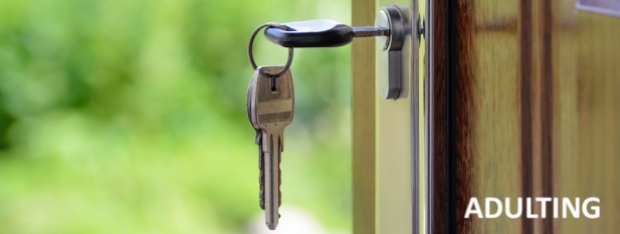
In this year, one of the things I’m going to focus on working for the right rewards.
In 2021, I stepped out of my comfort zone, becoming more conscious about the most critical question facing millennials living in a world that the boomers have built: “Do I stand and watch the show saying ‘this is not my idea’, or do I go out there and create the future that I want to see?” I could play the game that the boomers created and continue perpetuating a culture I find myself in — it would be immensely rewarding in the traditional sense — there is proven sources of prestige, of some financial rewards, and pat on the back by those well-established within the system.
On the other hand, I could also start changing the culture, changing the game, and work for the reward of a better future for my generation when we are older, for a better world that I would want my kids to live in (if I ever have kids). Our forefathers scrimped and saved for a better future, not so much for themselves but with the view that Singapore can be a better place for the people who comes after them. Leaving our country and the world in a better state than when we first arrived was something that was worthwhile to them. But is it still worthwhile to us? Are we just caught up with trying to amass a fortune to enjoy?
We need to start getting people to work for the right rewards. Often we care too much about just the immediate outcomes and we think that it doesn’t matter as long as we structure the sticks and carrots to nudge those people to the right behaviours. We might find marginal returns diminishing as we offer more rewards. And over time, we might be damaging the culture. Children who get paid reading loses the chance to learn to read for the pleasure and love of reading. In Israel, when a fine was introduced at a child care for parents who were late to pick up their children, the number of late parents increased because the fine became psychologically construed as a payment for the extra service from the childcare.
Using monetary or other rewards for steps recorded in trackers encourage gaming of the system. It can change behaviours towards the desirable for a while, or immediately backfire. But in any case, it is unlikely to change anything in the long term. It might even distort the previous cultural incentive structure in place that was working. Let’s stop using temporary fixes. Rather, we want to think more fundamentally about what is important to us and learn to tell the right stories around that. When we are armed with the right stories, the strong sense of purpose, our behaviours are stickier and we have more conviction. No simple incentive elsewhere would turn us in a different direction.
If we want to curb car ownership in Singapore and really become a car-lite society, we need to start making car ownership something shameful, unattractive in terms of status roles. Country leaders should stop owning cars but take public transport instead. Alternatively, there can be chartered services to bring them around. We have to start emphasizing the additional carbon footprint of car owners or households with cars. We have to start changing the cityscape to make it inconvenient for car owners. Reduce parking spaces while curbing parking fees, making it uneconomical for building owners to put parking lots. The story around cars needs to become that of selfishness and lack of social responsibility.
Instead of asking ourselves about sticks and carrots, and rushing to a solution, we have to decide what is the problem and if it’s worthwhile (our time, attention, and intention, not just our money) looking at it. And then we need to examine closely what is the current story or the status quo around it. The right rewards would come from social elements, greater human connection, impact on the lives of others. So let’s try to create a culture that allows us to progress as a society, and not to encourage gaming of the system, or cause people to turn against one another — all for the wrong rewards.
This is part of a series of republished articles from my Medium page because I am worried about the platform ceasing to be. An older version of this article was originally published at on January 2, 2021.









